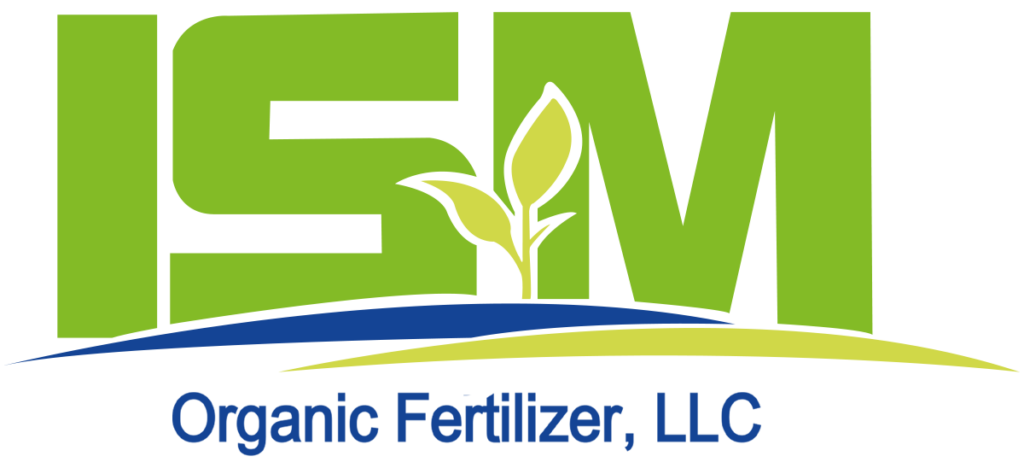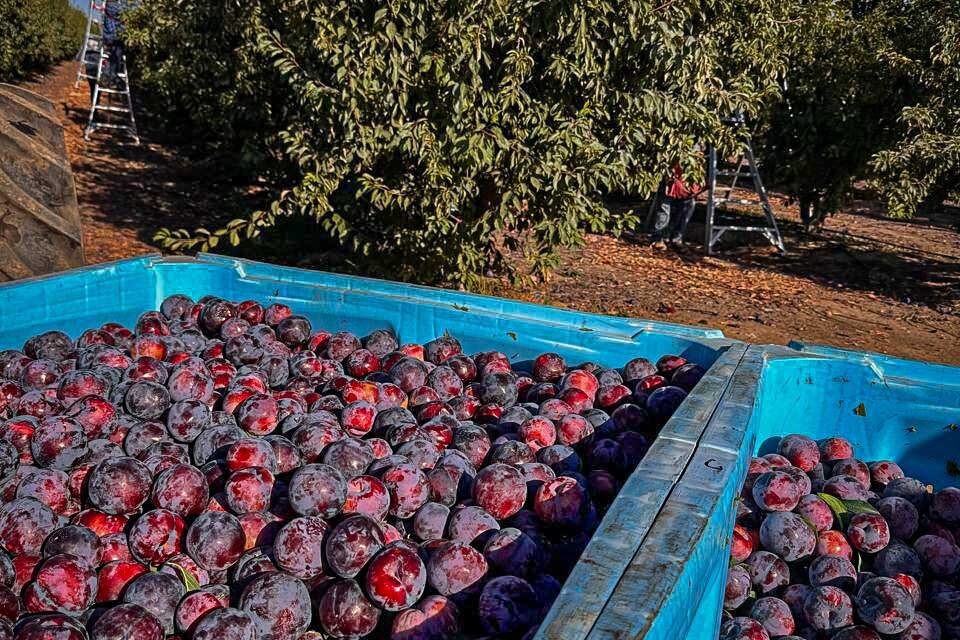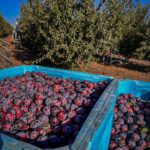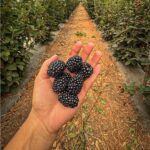Organic farming has emerged as a vital solution to some of the most pressing challenges faced by modern agriculture, including soil degradation, water scarcity, and the overuse of chemical fertilizers. By harnessing the natural processes of ecosystems, organic farming not only protects the environment but also produces healthier crops and creates more sustainable farming practices. This article will delve into the key benefits of organic farming and how innovative organic fertilizers like ISM Biofertil NPK® and ISM BioMax Nitrogen® are revolutionizing the field.
The Essence of Organic Farming
Organic farming emphasizes the use of natural substances and processes to enhance crop growth, maintain soil health, and promote biodiversity. Unlike conventional farming, which relies heavily on synthetic chemicals, organic farming focuses on:
- Soil health: Organic methods prioritize soil fertility through natural composts and organic fertilizers, ensuring that nutrients are recycled back into the soil.
- Biodiversity: By avoiding harmful pesticides and promoting crop rotation, organic farming fosters a diverse ecosystem that supports pollinators, natural pest predators, and soil microorganisms.
- Sustainability: Organic farming reduces reliance on finite resources, such as synthetic fertilizers and chemical pesticides, making it a more sustainable approach for the long-term health of both agriculture and the planet.
The Role of Organic Fertilizers in Organic Farming
Organic fertilizers are crucial in enhancing the fertility of the soil and ensuring sustainable crop production. Products like ISM Biofertil NPK® and ISM BioMax Nitrogen® are specifically designed to meet the needs of organic farmers by offering natural solutions that improve plant growth without the adverse environmental effects associated with chemical fertilizers.
ISM Biofertil NPK®: A Balanced Source of Nutrients
ISM Biofertil NPK® is a liquid organic fertilizer that provides essential nutrients such as nitrogen, phosphorus, and potassium, along with beneficial microorganisms. Some of its key features include:
- Soil Restoration: The product helps neutralize the soil’s pH and improves soil porosity, effectively returning fertility to degraded soils.
- Enhanced Crop Development: Thanks to its balanced composition, ISM Biofertil NPK® promotes healthier and more vigorous crops, compensating for mineral deficiencies while offering protection against pests and diseases.
- High Organic Matter Content: With 5% organic matter and the inclusion of auxins, amino acids, and beneficial bacteria like Bacillus subtilis and Azospirillum brasilense, it supports the overall growth and health of plants.
ISM BioMax Nitrogen®: Boosting Crop Performance
ISM BioMax Nitrogen® is another powerful organic fertilizer, specifically rich in nitrogen, which is critical for leaf and fruit development. The key benefits include:
- Superior Absorption: Its high nitrogen content (16±1%) ensures that crops receive the nutrients they need for optimal growth, without the need for chemical inputs.
- Enhanced Soil Health: Like ISM Biofertil NPK®, BioMax Nitrogen improves soil porosity and fertility, promoting a healthier growing environment for plants.
- Environmentally Friendly: With 92.18% organic matter, this product supports sustainability by reducing the dependence on chemical fertilizers and promoting natural soil processes.
Environmental and Economic Benefits of Organic Farming
The shift toward organic farming is not just about crop health; it also has significant environmental and economic benefits. By reducing the use of harmful chemicals, organic farming helps prevent soil and water contamination, conserve water, and protect biodiversity. Moreover, organic farming methods contribute to the mitigation of climate change by increasing soil carbon sequestration and reducing greenhouse gas emissions.
Economically, organic farming can be a game changer for farmers. Although it often requires more labor-intensive methods, the long-term benefits include:
- Lower input costs: By reducing or eliminating the need for chemical fertilizers and pesticides, organic farmers can cut down on significant agricultural costs.
- Improved market access: As consumer demand for organic products continues to grow, organic farmers can access premium markets and fetch higher prices for their crops.
- Sustainable yields: Over time, organic practices improve soil health and fertility, leading to more consistent and sustainable yields.
Organic farming is unlocking the potential of nature to meet the demands of modern agriculture while preserving the health of our planet. By using organic fertilizers like ISM Biofertil NPK® and ISM BioMax Nitrogen®, farmers can enhance their crop yields sustainably, restore soil health, and contribute to a greener, healthier future. Organic farming is not just a trend—it is a movement towards a more sustainable and resilient food system for generations to come.








